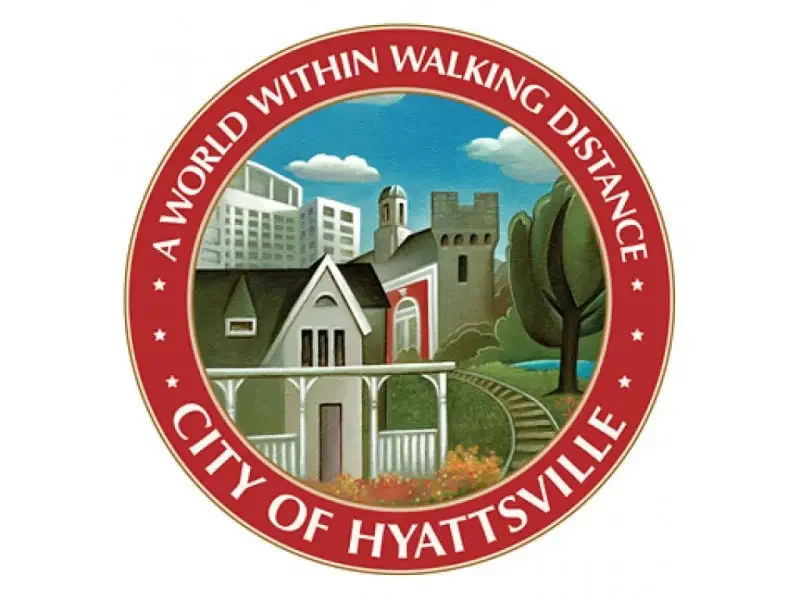Better Tracking Street Vendor Enforcement in California
Street vendors are a common sight in many California cities. From food to souvenirs, street vending provides consumers with quick, affordable and often authentic choices, and provides many vendors with a living.
In most California cities, street vendors need to obtain a license or permit from the city in order to sell food, beverages or any type of merchandise, as well as a California Department of Tax and Fee Administration seller’s permit that allows them to collect sales tax and report it to the state.
While unlicensed street vending used to be illegal, SB 946 ended the criminalization of unlicensed sidewalk vendors in California, allowing municipalities to adopt non-criminal laws to regulate street vendors. With the passing of SB 946, otherwise known as the Safe Sidewalk Vending Act, the task of regulating street vendors has shifted to a combination of municipal departments such as health and code enforcement – who have experienced many challenges along the way.
The Challenges of Street Vendor Enforcement
For many vendors, their cart is their main source of income. It’s never fun to approach an unlicensed street vendor and tell them they can’t continue selling without the proper permits – but as local government representatives tasked with ensuring the continued health and safety of the community, these conversations are necessary.
Street vendor enforcement is full of challenges. It is not uncommon for vendors to be unaware of the full scope of the permitting and safety regulations surrounding food carts. Because street vending is a hot-button issue in many California communities, there is also the potential for these conversations to escalate and officers to experience aggressive behavior from either the vendor or even customers and passersby.
Utilizing Technology to Help Enforce Unlicensed Street Vendors
Because of the temporary nature of street vendor operations, it’s best to conduct as much of the case management for enforcing unlicensed street vendors in-the-field as possible. Cloud-based code enforcement software, which can be accessed on iPads or other tablets, allows officers to open a case, conduct an investigation, and even print notices on-the-spot.
By moving most of the case management to the field, officers can more efficiently tackle cases – and provide better resources to vendors in the moment. Voluntary compliance is always the desired outcome of all code enforcement activities, and when encouraging voluntary compliance, leading with education can be helpful. With built-in document printing capabilities and a mobile printer, officers can even print resources and notices to hand the vendor while having a conversation with them.
Officers can upload a list of violations to the software, which makes it easy to search for violations by keywords. When integrated with a CRM, you can even allow citizens to submit reports of unlicensed street vendors, helping your team better identify and track violations.
Tips for Interacting with Unlicensed Street Vendors
Street vendor enforcement can be a contentious issue, and because of its public nature, it’s possible for enforcement to quickly escalate into a potentially volatile situation. To improve your chances of voluntary compliance and ensure officer safety:
If possible, wait to talk to the vendor until the line of customers slows down to avoid a public scene. If the cart is consistently busy, ask to speak with the vendor away from the line of customers.
Lead with education. Let the vendor know the regulations in place and provide information coupled with a warning when possible.
If vendor enforcement often escalates in your community, invest in training and gear to ensure the safety of the officers on the street.
Coordinate efforts with your collaborating partners like the Health Department.
Enhance Enforcement with Code-Specific Software
Software has the potential to improve efforts not just with street vendor enforcement but all aspects of code enforcement, from vacant properties and short-term rentals to abandoned vehicles.
With Comcate’s Code Enforcement Manager, officers can streamline case management, double case capacity and ultimately improve relationships with the community. Interested in learning more about how software could help your municipality? Fill out the form below to schedule a meeting with one of our consultants.
Schedule a Meeting with Comcate Today!
Learn how Comcate can help make government delivery simple, and offer a modern digital experience to help you increase transparency, efficiency, and performance across your departments. If you have any questions about implementing our software, please fill out the form below or call us directly at (415) 632-1248.
RECENT BLOG POSTS




